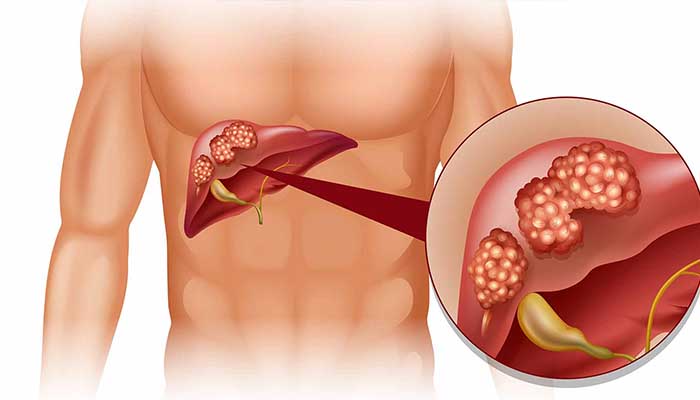Which one of the following has primary responsibility for eliminating alcohol from the bloodstream? Could this be your question? The simple and straight answer is the Liver!

Alcohol Metabolism
Liquor is a poison that should be killed or eliminated from the body. Sweat, breath, and urine remove ten percent of the alcohol.
Because it is volatile and will evaporate in the air, alcohol can be exhaled through breath when it comes into contact with air in the lungs’ alveoli.
The primary organ in charge of alcohol detoxification is the liver. Alcohol dehydrogenase is made by cells in the liver. This enzyme converts alcohol into ketones at a rate of about 0.015 g per 100 mL per hour (reduces BAC by 0.015 mg per hour).
RECOMMENDED>> Systolic And Diastolic Blood Pressure: What Do They Really Mean? | Health
The metabolism of alcohol can be slowed down by drugs and liver damage, but nothing can speed up the detoxification process.
BAC will continue to rise when the rate of consumption exceeds the rate of detoxification.
Transporting
Once alcohol enters your bloodstream, it travels to all of your body’s organs. In most sound individuals, blood circles through the body in 90 seconds, in this way permitting liquor to influence your cerebrum and any remaining organs in a short measure of time.
Depending on how quickly the drink is taken in, the effects last anywhere from 15 to 45 minutes.
Except for bone and fat, alcohol enters the body through all tissues. Alcohol has the ability to penetrate approximately 68% of the tissues in an adult male.
SEE POST>> Thoracodorsal Nerve: What Does Thoracodorsal Nerve Innervate?
The alcohol can only be distributed throughout the remaining lean tissue if the percentage of adipose tissue is high, resulting in a higher concentration for those areas. This is why body composition matters.
The body’s effects on alcohol will vary from person to person: gender, body composition, alcohol intake, food intake, and liver enzyme production capacity of alcohol dehydrogenase.
Absorbing
Alcohol is not digested like food once swallowed. First, the tongue and the mucosal lining of the mouth absorb a small amount directly. Alcohol is absorbed directly into your bloodstream through the tissue lining of your stomach and small intestine once it is in your stomach.
There are two ways that stomach food can prevent alcohol from being absorbed:
First, it physically prevents the alcohol from getting into the lining of the stomach. Alcohol can either be absorbed by food or simply “take up space” so that it does not come into contact with the stomach wall and enter the bloodstream.
READ ALSO>> Coronary Perfusion Pressure Formula – Health | Digital Value Feed
Second, alcohol will not enter the duodenum, the upper portion of the small intestine, if food is present in the stomach. Because the small intestine has a large surface area—about the size of a tennis court—alcohol has greater access to the bloodstream after leaving the stomach. Alcohol will be absorbed more slowly if it is kept in the stomach.
Can You Accelerate This Cycle?
The enzyme alcohol dehydrogenase, sweat, urine, and breath are the only means by which alcohol can be eliminated once it has entered the bloodstream. Sleeping and drinking water will not accelerate the process.
A cold shower, energy drinks, and coffee will not make you feel better faster. Caffeine and cold showers may make you feel more awake, but they will not remove alcohol from your blood and will not lower your BAC level.
How Quickly Can You Get Sober?
Alcohol is eliminated from the body at a rate of 0.015 g per 100 mL per hour on average, which is the same as lowering your blood alcohol concentration by 0.015 mg per hour. This typically corresponds to about one standard drink per hour for men.
However, BAC will rise and fall more quickly and more slowly due to gender, certain medications, and illness, all of which have an impact on intoxication levels.
Sharing Is Caring!

